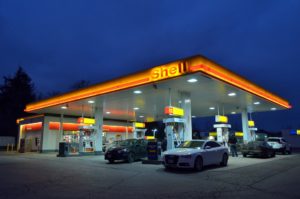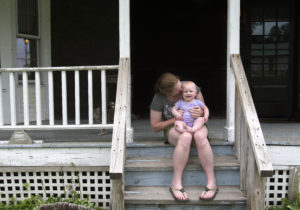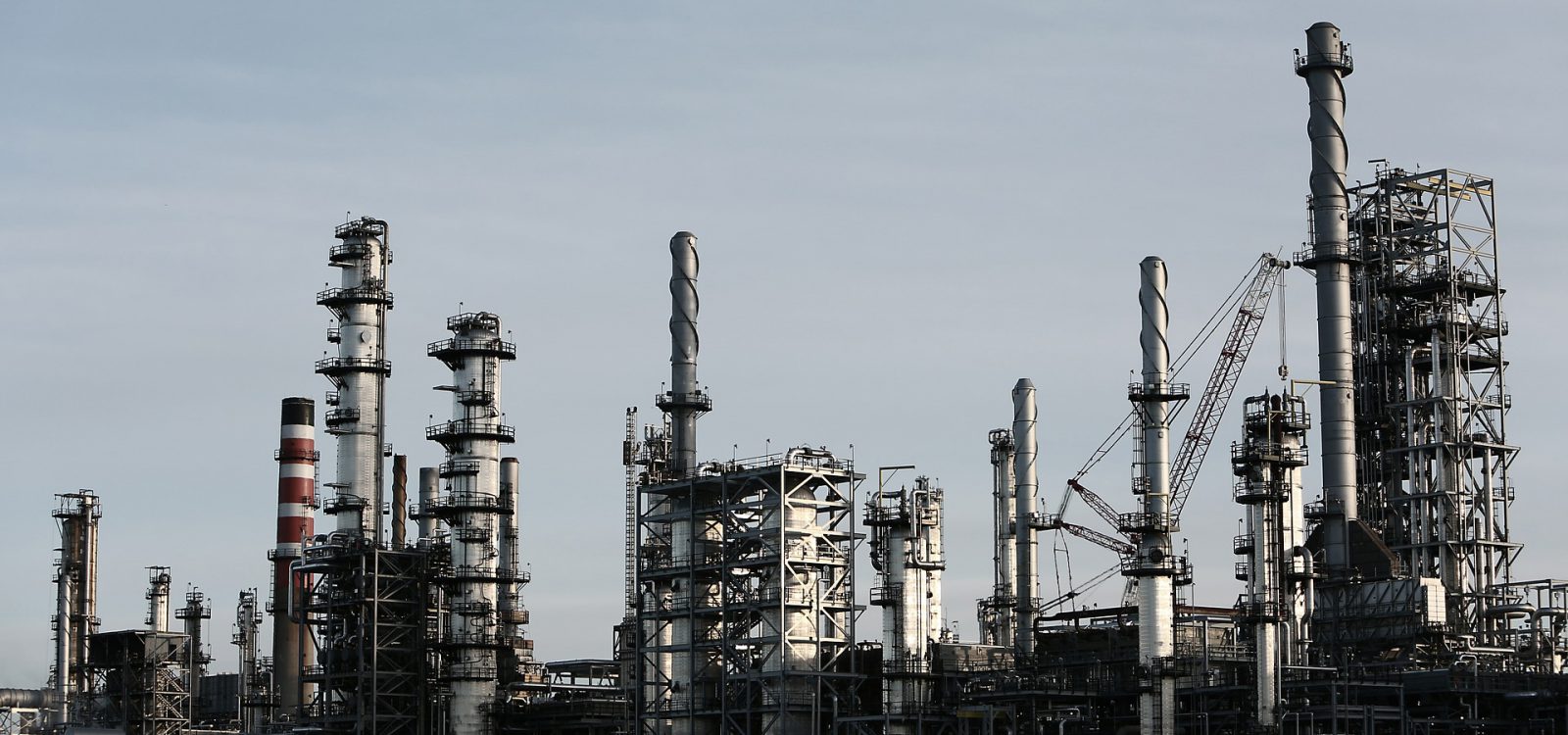Spontaneity and unpredictability are great when you’re planning your next adventure vacation, but when you’re trying to pay the bills?
Not so much. We all work with a monthly budget. When you sit down to pay the bills, big pricing swings and unknown rates can really hurt.
Remember when gas and fuel oil were a whopping $5/gallon? Ouch. That was only two years ago. Now the instability of that industry has caused oil and gas prices to tank. Fossil fuel volatility has real, negative impacts on our economy, and they’re felt by thousands of U.S. workers:
Oil prices of less than $30 a barrel—the lowest in 12 years—have shaken stock markets […]. Along with falling gas prices, they’ve slashed the profits of fossil fuel companies, which are delaying dozens of billion-dollar projects and laying off thousands of workers. Source: National Geographic
This sort of energy instability and pricing volatility wreaks havoc on our economy. Companies are depending on finite resources that are literally stuck underground. Simply put: fossil fuels are a bad investment.
While oil companies eliminate jobs and curb capital spending to cope with prices that have fallen two-thirds in 18 months, renewables are enjoying a renaissance underpinned by rules designed to curb fossil-fuel emissions damaging the atmosphere. Source: Bloomberg


Renewable technology, like solar, offers a homeowner control over energy costs. For the first time, homeowners aren’t at the mercy of international trade agreements and ever-increasing utility prices. A home solar system allows a family to own their power and harness their energy independence—all at an affordable price. Vermonters are taking their energy future into their own hands.
“As a 95-year-old on a fixed income, solar heating and cooling is a great help. I’ll save thousands of dollars every year by not burning all that propane — and that’s with the current drop in fuel prices. The next time they spike again, I’ll be sitting even prettier. I am like all Vermonters who bristle at heating our homes with dirty, expensive fuel oil or propane. I turned to clean solar energy to heat my home in the winter and get guilt-free air conditioning in the summer. Solar heating is here in Vermont in a big way.” – Sam Fogel
Vermonters like Sam are finding ways to reduce their carbon footprint and get off dirty, expensive, unpredictable and inefficient fossil fuels – all while saving money. Energy from the sun can power our lives, heat our homes and fuel our cars.
Solar presents a different, and more affordable, way of looking at how you pay for power. Instead of paying the utility’s rising rates in perpetuity, you’re putting your money toward an asset that you will own – your solar system. Not only will you lock in your energy costs, but you’ll also enjoy an average of $20,000 in savings over the course of a solar system’s 25-year warranty. Better yet, the solar system will then continue to produce beyond those warranteed years, creating greater savings and free power. Think of it like owning property vs. renting. Rather than letting someone else set the price for your energy, solar presents an opportunity to invest in your own energy independence.


“As Vermont dairy farmers, it’s very important for us to budget our expenses to remain a viable business. Since milk prices are unpredictable, we were looking for ways to invest in our farm to maintain some predictable expenditures. This is why we chose to host a Community Solar Array (CSA) on our land. By hosting a CSA, not only have we secured predictable, constant electricity rates for our farm, but we’ve also developed a new form of the working landscape.” – Molly Magnan





